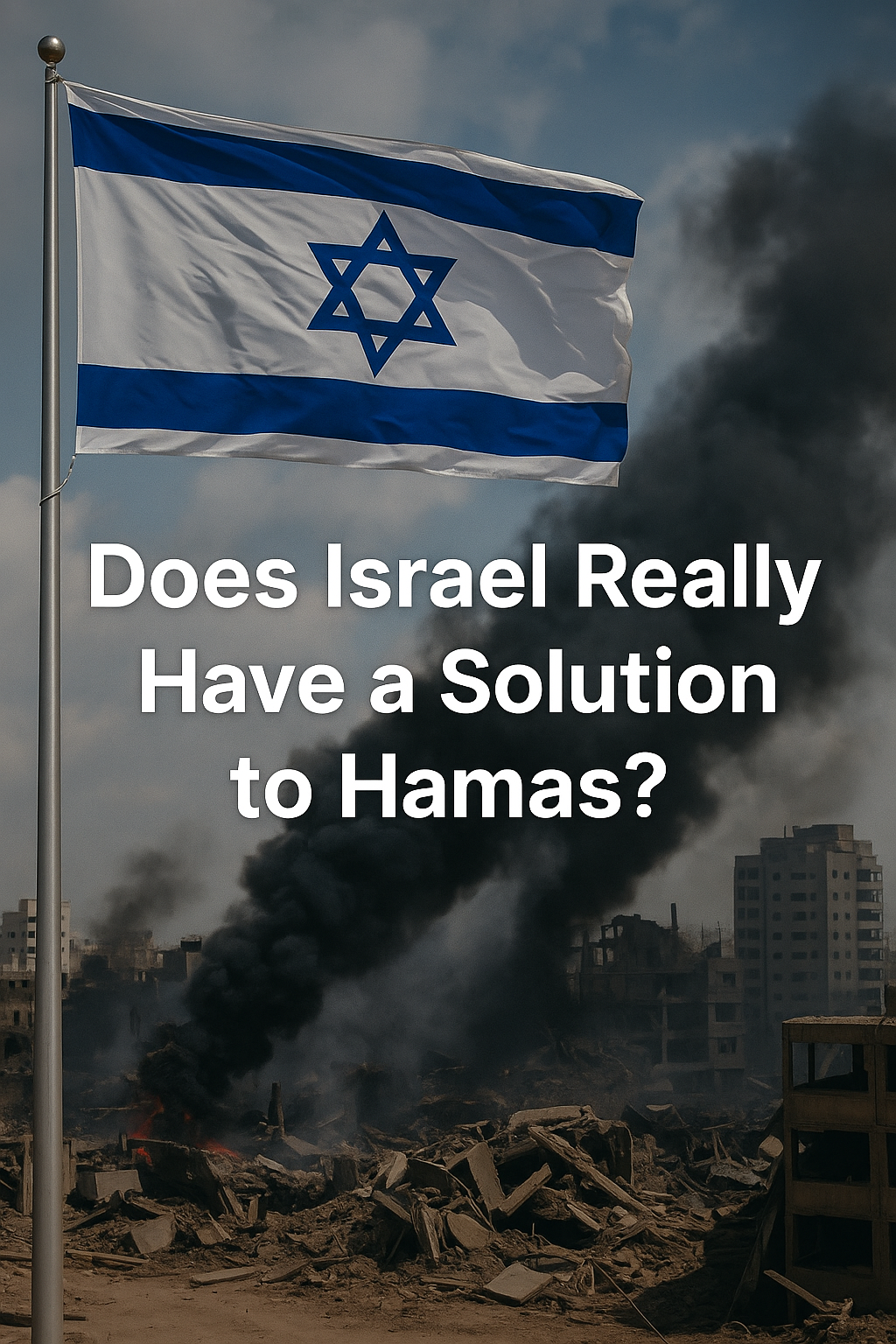Israel as a nation is to be admired who has proved, Oct 7 massacre by Hamas will not go unpunished by resulting in bringing Hamas/Gazians to their knees but not abolish Hamas which looks next to impossible was the solution Israel was looking for. Unfortunately, the toll is of general public of Gaza.
Has Israel developed as a nation in spite of this resource draining machine? Let’s look at:
- As a Model of State-Building and Development
Yes, to some extent:
Economic Growth & Innovation: Israel, despite limited natural resources and regional conflict, has become a global leader in tech and innovation. This could be a model for developing a knowledge-based economy.
Institution Building: Israel has built strong institutions (judiciary, military, public health system, etc.), which can serve as an example of state-building under difficult conditions.
But with major caveats:
Israel’s success is tightly linked to:
Massive foreign aid, especially from the U.S.
Historical migration and global Jewish diaspora support.
Security control over its borders and airspace — which Palestine lacks.
The comparison becomes unfair when Palestinians live under occupation or blockade, limiting their autonomy and capacity to develop similarly.
- In Terms of Democracy
Mixed:
Israel is often cited as the only liberal democracy in the Middle East, with regular elections, judicial independence (though contested in recent years), and minority rights (e.g., for Arab-Israelis, to a point).
However, for Palestinians in the West Bank and Gaza, Israel’s democratic principles do not apply — especially under military occupation or blockade.
This makes it difficult for Palestinians to adopt a system modeled on Israeli democracy when they don’t have full sovereignty.
- On Military and Security
Not really an applicable model:
Israel’s military strategy is based on strong deterrence, intelligence, and regional alliances. But Palestine does not control its borders, airspace, or have a recognized army.
The context is so different that Israel’s security model cannot be applied to Palestine in any realistic sense.
- On Coexistence and Rights
This is highly contentious:
Some argue that if Israel extended equal rights to all under its control (including Palestinians in the West Bank), it could model coexistence.
However, critics argue that current policies reflect a two-tier system, often described by human rights groups (like Human Rights Watch, Amnesty, and even some Israeli NGOs) as apartheid due to the inequality between Israelis and Palestinians in occupied territories.
- On Nation-Building Under Pressure
Yes, but context matters:
Some view Israel as an example of how to build a resilient state under existential threat.
Palestinians have shown similar resilience, but face unique constraints like:
Internal divisions (Fatah vs. Hamas)
Fragmented territories (West Bank vs. Gaza)
Ongoing military occupation
Lack of free movement, trade, and external recognition
Final Thoughts
Israel can be a partial model in terms of institution building, innovation, and resilience, but:
The structural inequalities between Israel and Palestine make direct comparison unfair in many domains.
Palestinians would need full sovereignty, freedom of movement, and internal unity to realistically consider emulating aspects of Israel’s development.
So, is Israel a “good example”? Yes, in some technical and developmental aspects; no in terms of context, equality, and political applicability without statehood.
CK Sharma
Toronto

